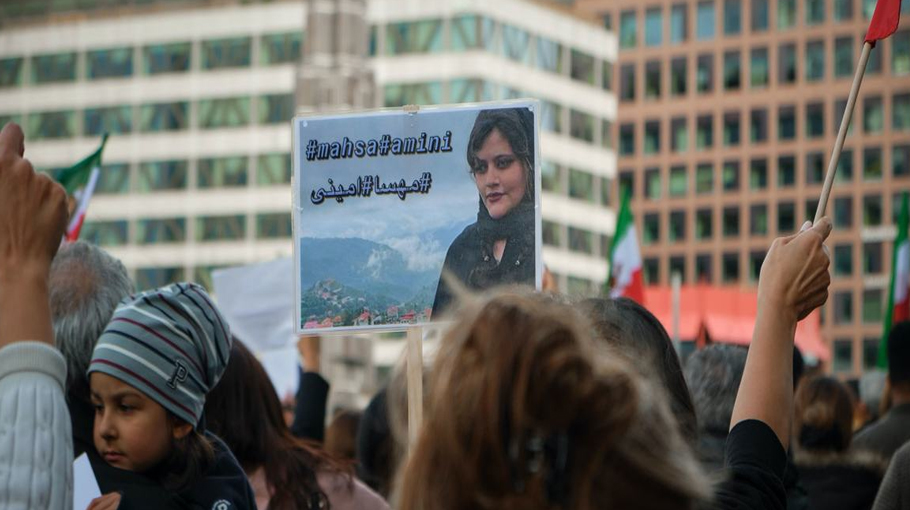UN rights body launches Iran human rights investigation

The 47-member of Human Rights council passed the resolution to launch an international investigation into the deadly crackdown on mass protests rocking Iran, with 25 countries voting in favour and 16 abstaining. However, six nations – Armenia, China, Cuba, Eritrea, Pakistan and Venezuela voted against the measure.
The United Nations’ top rights body held an urgent meeting this week on 24th December with talks to launch an international investigation into the deadly crackdown on mass protests rocking Iran. As a result, they have established a fact-finding mission to investigate potential abuses in Iran’s crackdown on anti-government demonstrations, focusing on women and children.
Political struggles have been gripping the Islamic Republic of Iran for quite a while now. It snowballed to a state where even the nation’s official football team attending FIFA World Cup refused to sing Iran’s National Anthem. The phenomenon of women defiantly chopping off their hair with expert ease in front of cameras has been made global in a demonstration of protest against the Iranian Government. To make matters worse, the power wielders of Iran even life threatened the International press regarding the coverage of the situation.
According to many, this agitation has gone way beyond the issue of hijab, and these demonstrations are an eruption of a society groaning under a host of economic ills. Still, news of how Iran handles the situation, with the likes of mass arrests and non-hijabi females being denied government service, is becoming more concerning. Trying to protect national culture is one thing but denying fundamental human rights to a core part of
your civilisation, the ladies, is something else.
As such, the International community, including diplomats, is requesting a less aggressive approach and allowing Internationally independent scrutiny of Ms. Amini’s death and some form of reforms regarding women’s rights in the country.
The newly appointed United Nations High Commissioner for Human Rights, Volker Turk, urged Iranian authorities on the urgent meeting by UN Human Rights Council to stop their “unnecessary and disproportionate” use of force against protesters in a speech addressing the ongoing crisis. Moreover, he added the worsening degree of the dire situation with reports of more than 300 people killed, including children, since Amini’s death, while 14,000 had been arrested.
In his own words, “I call on the authorities immediately to stop using violence and harassment against peaceful protesters and to release all those arrested for peacefully protesting, as well as … a moratorium on the death penalty.”
Nonetheless, Iran’s representative, Khadijeh Karimi, Deputy of the Vice President for Women and Family Affairs, condemned the resolution and called it “politically motivated.” In addition, Iran has been known to be lobbying against the motion sending a delegation to Geneva earlier this month, urging governments to vote against the resolution.
Khadijeh Karimi further added, “The Islamic Republic of Iran deeply regrets that the Human Rights Council is abused once again by some arrogant states to antagonise a sovereign UN member state that is fully committed to its obligation to promote and protect human rights.” She went so far as to accuse Western nations of ignoring human rights abuses in Yemen and the occupied Palestinian territories.
In response, Germany and Iceland, who set motion to the resolution, demanded that Tehran cooperate with the UN Human Rights Council’s special rapporteur on Iran. Additionally, German Foreign Minister Annalena Baerbock called on all countries to back the independent probe to ensure “those responsible can be held to account”. Baerbock added, “If we don’t collect the evidence today … justice will never come to the victims.”




